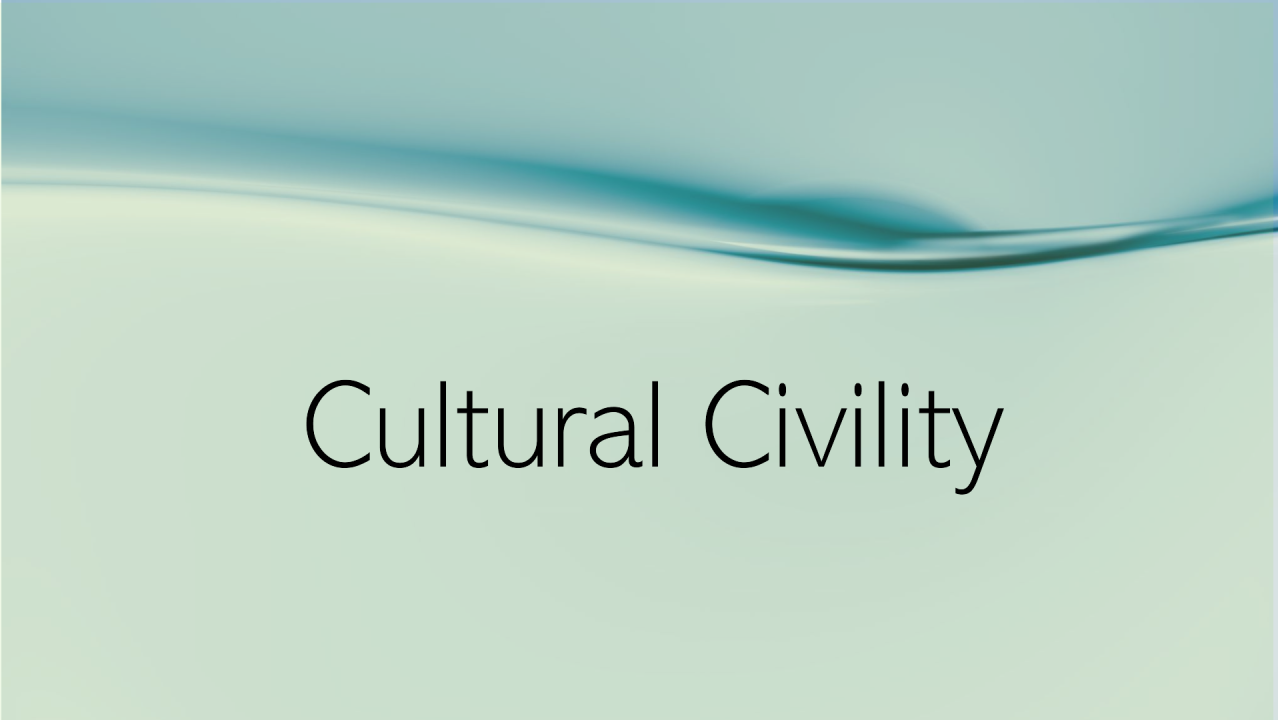
Look at How Culture Is Crushing Civility – Josh Shear’s Alarming Warning
Josh Shear – In a world overwhelmed by hashtags, hot takes, and hyperbole, it’s getting harder to have a simple, respectful conversation. What was once considered basic courtesy has now been replaced by viral outrage, instant judgment, and a deeply polarized atmosphere where being right is more important than being kind. This cultural shift isn’t just discomforting it’s dangerous. Josh Shear, a writer, speaker, and media observer, has been warning for years that something fundamental is unraveling: culture is crushing civility. Through his blog, podcasts, and social commentary, he has pointed to the rising trend of discourse decay as a signal of something far bigger than mere internet trolling.
What’s happening isn’t accidental. It’s cultural, systemic, and in many ways, designed. This article explores how culture particularly modern media culture is actively eroding civility in our daily lives and what we risk losing if we don’t address it soon.
One of the most alarming developments in today’s cultural landscape is the complete collapse of nuance. Context is no longer king—viral soundbites are. People are punished not for what they say, but for how their words can be reinterpreted in 280 characters.
Josh Shear points out that media culture rewards simplicity, emotionality, and conflict. It discourages reflection and complexity, and this has made meaningful civil discourse nearly impossible. Conversations about politics, identity, and morality are often reduced to binary choices us vs. them, good vs. evil.
This lack of nuance has turned debates into cage matches. Rather than understanding opposing views, the goal becomes to dominate and dismantle them publicly. That may make good television or trending threads, but it leaves society more divided and emotionally exhausted.
Platforms like Twitter, TikTok, and even YouTube thrive on engagement especially when that engagement comes in the form of outrage or tribalism. A polite disagreement doesn’t go viral. A snarky takedown does. The result is that we’re incentivized to be cruel, sarcastic, and combative often for likes and attention.
Josh Shear has described this as a form of digital Darwinism: only the loudest, angriest voices survive the feed. Social media platforms, in their algorithmic wisdom, have essentially built a reward system that makes civility a disadvantage.
Even in personal interactions, people adopt a tone of performance more interested in appearing correct to an audience than understanding another human being. This performative mindset has crossed over into the offline world, making dinner tables and workplaces battlegrounds of opinion rather than forums for discussion.
The rise of culture wars has further weaponized identity, ideology, and expression. Once again, Shear notes that these battles are less about solutions and more about symbolism. People are no longer seen as individuals with unique perspectives, but as representatives of “sides.”
Empathy is the first casualty in a culture war. Once someone is labeled liberal, conservative, woke, boomer, etc. it becomes easier to dehumanize them. This erosion of empathy directly undermines civility because it removes the need to treat others with respect or dignity.
And because culture now spreads faster than ever through memes, clips, and outrage journalism, these hostilities scale rapidly. What begins as a local disagreement can become national drama within hours, dragging thousands of strangers into fights they don’t fully understand.
Josh Shear doesn’t just diagnose the problem he offers a path forward. One of his most recurring themes is that the antidote to a toxic culture isn’t silence or disengagement, but intentional civility. That means choosing to listen longer, to assume good faith, to give people the benefit of the doubt.
He also encourages slowing down. Read beyond the headlines. Ask clarifying questions. Engage privately instead of publicly blasting someone. These small shifts don’t make headlines, but they can change lives.
Shear frequently shares examples from his own life discussions with people across the ideological spectrum that illustrate how civil engagement isn’t just possible, but powerful. His work argues that we’re not doomed to cultural hostility; we’ve just been trained to accept it.
One of the most profound questions Shear raises is whether civility can survive in a digital world built to exploit our worst instincts. With algorithms favoring rage over reason, is it even possible to shift cultural incentives?
The answer isn’t simple. But one thing is clear: we can’t outsource civility to tech companies or politicians.
It starts with how we respond to that inflammatory post. How we talk to people we disagree with. How we choose to interpret disagreement not as a threat, but as an opportunity.
Culture is crushing civility but it doesn’t have to succeed. As Josh Shear often says, the future of discourse, of community, even of democracy itself, depends on whether we choose to elevate or erode respect in how we communicate.
The challenge isn’t easy. But in a world where shouting has become the norm, choosing to speak gently might be the most revolutionary act of all.
This website uses cookies.